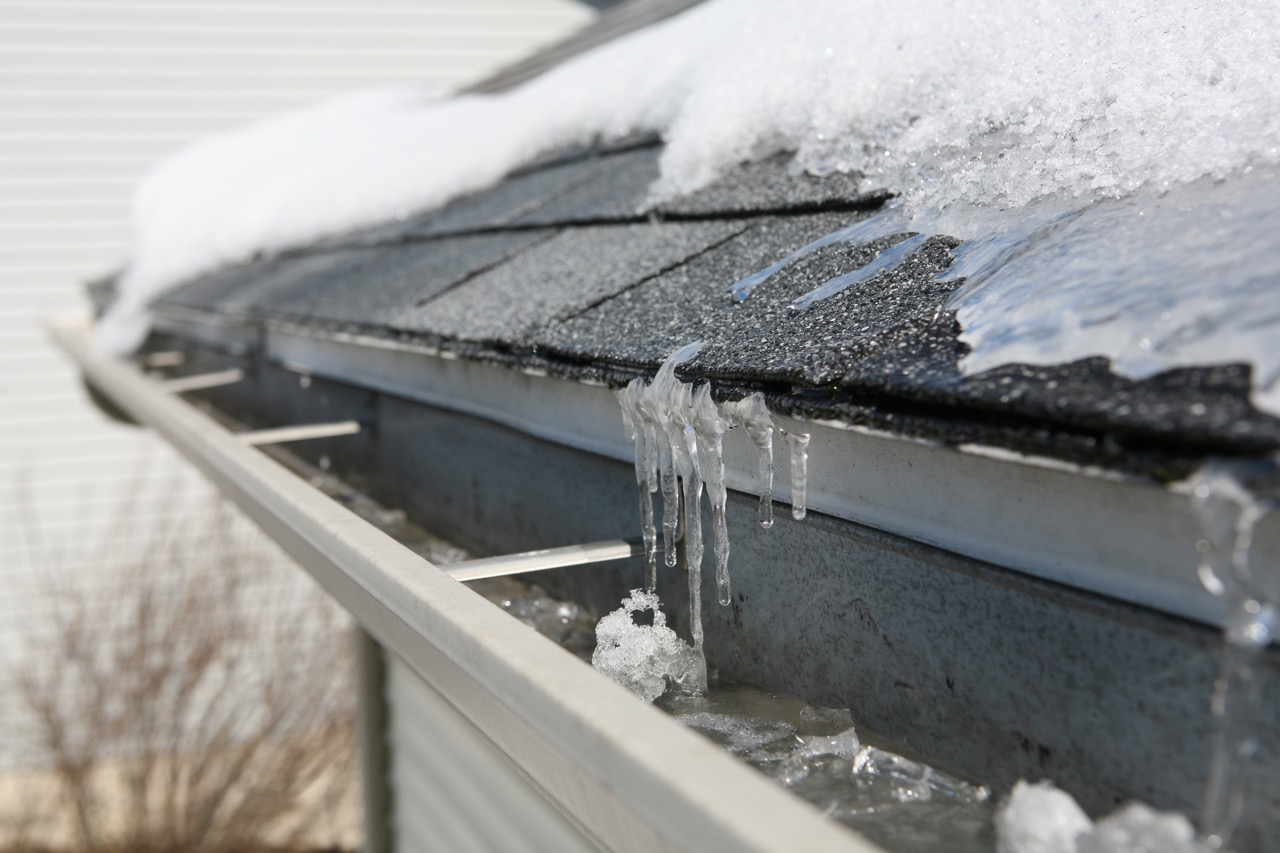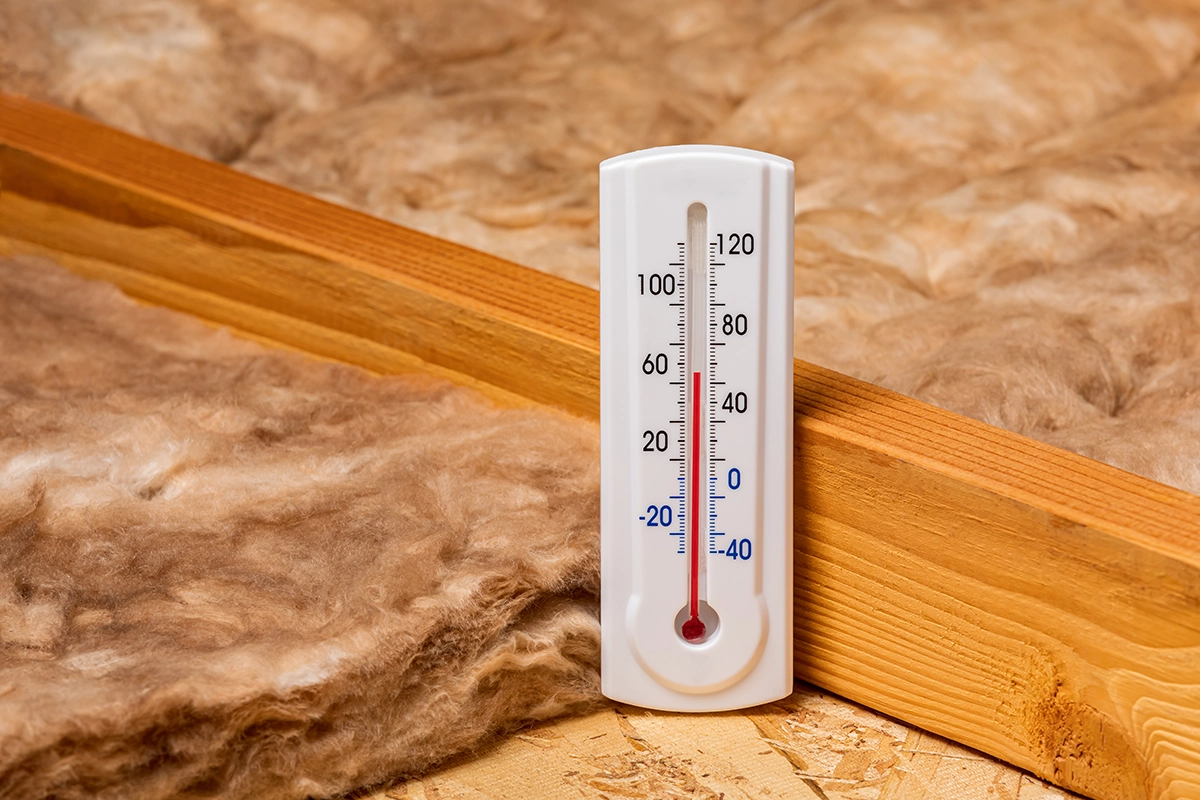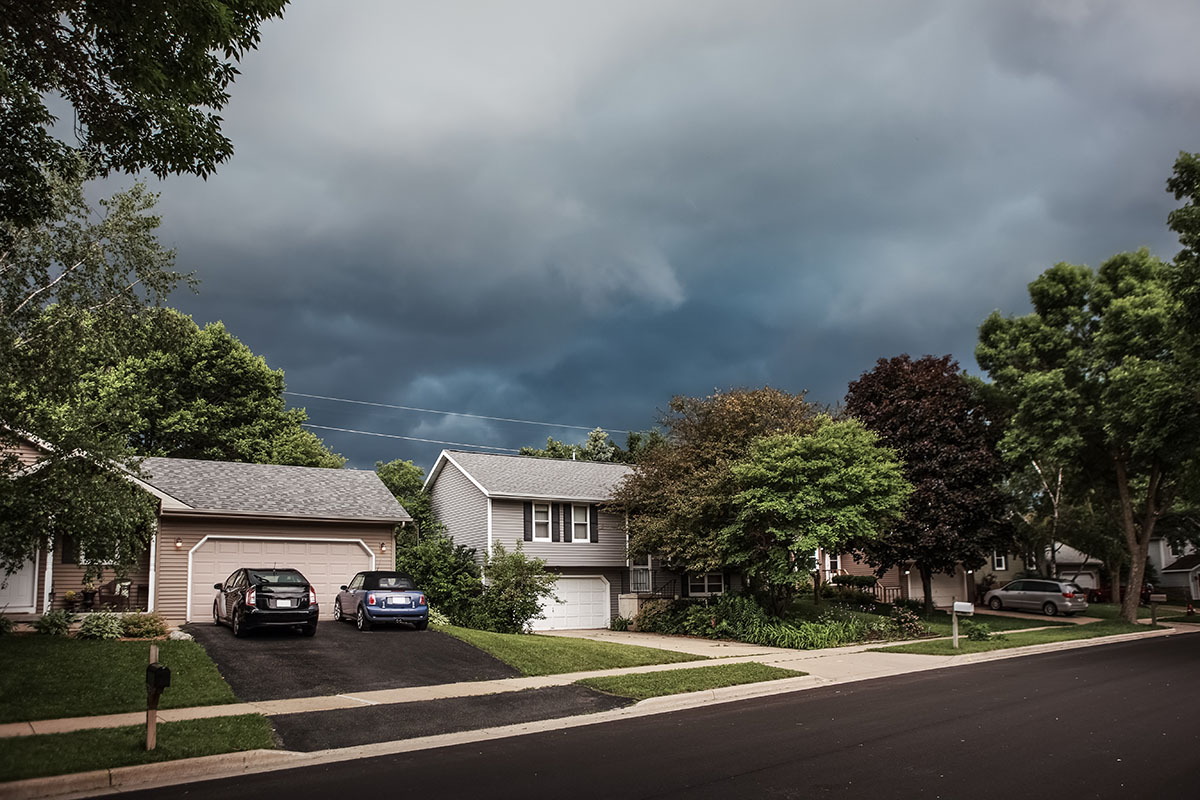Summary
The roof is designed to protect your home against the elements, so it’s safe to say that it should be among the most resilient components of your building. As it turns out, although your roof is tough and durable, it is still vulnerable to an array of factors that can affect its performance and longevity. Here are some of them:

7 Factors that Affect the Performance of Your Roof and Might Call for Roofing Services
- Material
- Roofs come in different materials, each having a fair share of pros and cons, which sometimes make choosing practically difficult. What’s very clear, though, is that some roofing materials perform and last longer than others thanks to their superior properties. Slate and tile, for instance, are apparently more durable than wood and shingles because they are much denser and have the properties of stone. So if your roof is made of a less durable material, it means serious upkeep is necessary to prolong its life.
- Natural Forces
- It may seem irrational that something meant for thwarting forces of nature is vulnerable to the elements. Well, it isn’t exactly defenseless against the elements. Roofs are hardy but they are not made to last forever, especially because they are more exposed to the elements than any other part of your home. Soon there will be cracks and mold growth that can contribute to your roof’s early deterioration so you need to be vigilant and proactive in caring for it.
- Pitch
- Believe it or not, even the slope of your roof has an impact on its lifespan and performance. Have you ever seen a flat roof before? It’s a type of roof with a very low pitch that makes it look almost flat, hence the name. Whether it’s a membrane, BUR, or modified bitumen roofing system, a flat roof shares the same if not greater weakness to sagging, pooling water, and other types of damage with other low-slope roofs.
- Sufficient Ventilation
- No matter what type of roof you have, it needs proper ventilation to minimize transfer of temperature to and from your home’s interior. Especially during winter when the roof can be cloaked with snow and ice dams are a few more drops in temperature away, ventilation can keep roof leak and water damage at bay. During summer, roof ventilation helps maintain the efficiency of your home cooling system by reducing the heat it has to absorb.
- Proper Insulation
- Apart from keeping your roof ventilated, you also have to make sure the attic is properly insulated. Keep in mind that your goal is to prevent as much warm and cold air from seeping into and out of your building and nothing does it better than the insulation. Insufficient insulation can cause the temperature in your attic to go berserk, and that could spell disaster in your home’s HVAC system. In most cases, it’s the most apparent cause not just of high electricity bills but the sudden increase in your need for A/C repair as well.
- Installation
- No matter how well-insulated and well-ventilated your attic is, if your roof wasn’t properly installed to begin with, the result would be the same for your home. It’s even unlikely that your roof will have adequate ventilation and insulation if the roofer did a poor job. Workmanship is key in the overall performance and longevity of your roofing system, which is why you should only hire the best local roofing company in Chicago, Muller Exteriors.
- Your obligation to regularly check and maintain your roof starts upon installation. As soon as your roofer picks up that last debris from your yard and drives away, your roof’s health becomes completely in your hands. Of course, you have to keep in touch with your roofer just in case your roof needs professional roofing services, such as after a storm or during winter.







